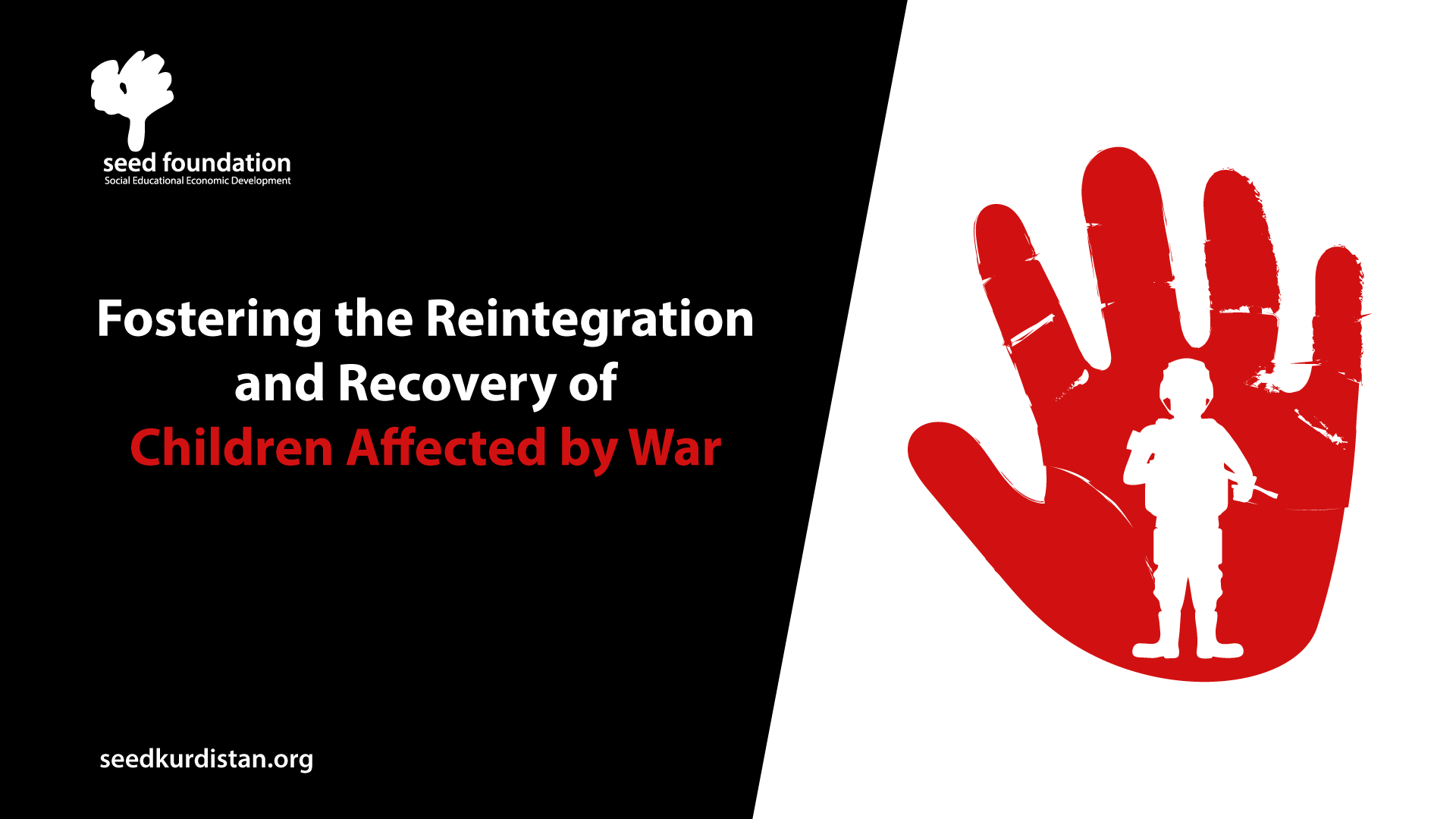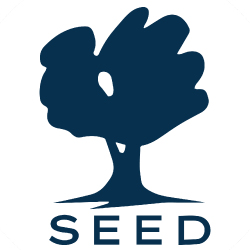
Beyond Black & White Thinking: Fostering Integrative Complexity to Encourage Reintegration of Children Affected by War
ISIS systematically destroyed and terrorized communities across Iraq and Syria, breaking up families and often recruiting the most vulnerable members – children – as domestic workers, cleaners, messengers, or soldiers.
These children, many of whom are now young adults, have faced profound challenges on their road to recovery and reintegration as a result of exposure to extreme and violent ideology during their formative years. At the time of rescue or escape, most had symptoms of complex trauma and identity disorientation, as well as significant medical needs and educational deficits. Their lives in displacement are marked by multiple social and economic deprivations, and affected children have also struggled with a lack of access to basic needs and support services. Many children exposed to violence show evidence of “black and white” thinking – a tendency to seek simple solutions to complex problems, often using “either/or” choices – as a way to cope with traumatic and uncertain circumstances. Individuals who have experienced protracted instability often jump into survival mode when facing conflict, which can lead them to develop unhealthy coping styles or even resort to violence.
Now, almost 6 years after the defeat of ISIS in Iraq, many of these young people are still living in displacement camps across Kurdistan, struggling to return to ‘normal’ life. In the absence of adequate resources, survivors have repeatedly requested support. Children exploited by ISIS require specialized programming for their reintegration and recovery.
To help affected children and youth achieve full recovery and reintegration within their families and communities, SEED partnered with Dr. Sara Savage, a social and cognitive psychologist from Cambridge University and co-founder of Integrative Complexity (IC) Thinking, to pilot the first adaptation of this innovative program in Iraq. IC Thinking is a human-centered and evidence-based approach that helps individuals impacted by trauma to develop more nuanced thinking, increase their sense of safety and emotional security in the face of inevitable conflict, and amplify their tolerance for the ideas of others.
How does black and white thinking manifest?
Black and white or “binary” thinking can occur for a variety of reasons, and can be impacted by factors as common as an educational system that relies upon rote learning or as extreme as direct exposure to violence and conflict.
Black and white thinking can heighten our tendency to prefer our own group over others, intensify polarization on conflicting issues, or even lead us to dehumanize those we disagree with. These patterns can be exploited by groups like ISIS to create an “us vs. them” mentality, promote the idea that one value is more important than all others, or convince us that it’s impossible to integrate or connect with those who believe differently. While this can make us feel protected from uncertainty about who we are and how we should behave, today’s world is a melting pot of cultures where different experiences and ideas coexist, and we can’t avoid contact with diverse people and perspectives.
Binary thinking – us or them, right or wrong – is a sign of low integrative complexity (IC), which interferes with our ability to accept or acknowledge the validity of multiple viewpoints and build relationships across differences.
Why is it important to address black and white thinking?
In a region marred by decades of war and conflict, where children have been exposed to violent and extremist ideology under ISIS occupation or captivity, holistic support for their rehabilitation and reintegration is vital. Upon return to their families and communities, affected children and youth may struggle to form or rebuild meaningful, secure relationships. Black and white thinking amplifies these challenges, as it makes it harder to regulate emotional responses, tolerate differences and disagreements, and identify collaborative, non-violent strategies for problem-solving and conflict resolution.
Challenging black and white thinking and enhancing integrative complexity is critical to mitigating the social frustration and isolation faced by many conflict-affected children. Equipping children with the skills to build healthy relationships can help to facilitate sustainable reintegration and bolster their available social support, which, in turn, serves as a protective factor against future recruitment, radicalization, and violence.
What is SEED doing to promote more complex thinking and encourage social cohesion?
SEED’s Stronger Together program is a multi-session, group-based curriculum which uses body-based, playful activities to increase non-violent and pro-social conflict resolution among children and youth affected by conflict. Participants are shown values in ‘shades of gray’, helping them to perceive at least some validity in multiple values (whether their own, or those of others) without getting locked into thinking in black and white terms. This strengthens emotional resilience, instills a greater respect for – and acceptance of – difference, builds empathy, and unlocks a world of possibilities for envisioning collaborative solutions to social conflicts.
Having witnessed positive and promising results through a pilot program in 2022, SEED has expanded locations and begun new sessions for children and youth across the region. The goal is to build mutual trust and increased connection between individuals, groups, and communities. With new skills and tools, graduates of the program will have an increased capacity to see through the manipulative techniques of extremist groups and identify messaging intended to polarize or radicalize. But even more importantly, they will have the cognitive and emotional capacity to seek harmony, foster social cohesion, and prevent violence.
Learn more about the Stronger Together program and its impact on children affected by conflict and violence.
